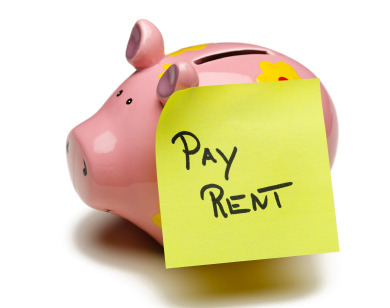
The payment of rent on time from a tenant to a landlord is the golden rule in the rental industry. It is the most basic of expectations that rent will be paid on an agreed date. It may not be possible to keep a 100% record, but tenants should make every effort to pay on time and to save for emergency situations so the rent can still be paid. A simple way to ensure with relative certainty that it will be paid is to set up a standing order. With standing orders, money is transferred directly from the tenant’s bank account to the landlord’s, which removes the hassle of a manual payment.
Missing the payment date
Paying on time is a common courtesy, which should be enough of a reason to do so, but sometimes tenants need a little push. So if the rent does not arrive on its due date, a phone call may be enough if it is a genuine mistake, but if not, a landlord must notify the tenant in writing followed by the relevant action in your region. I would recommend seeking professional assistance at this stage is needed.
Outsourcing the management of your property
One of the benefits of renting a property through a letting agent is that they take over the responsibility of managing the payment of rent. Now whilst there is a fee for a full management service and rent collection, it is well worth it as they take over the stress. This can be a very stressful and time-consuming task and if not done so correctly it can result in being very costly. Time spent chasing tenants could be used much more effectively and as a result many leave it to the professionals.
Late payment penalties
There are ways to discourage late payments which both landlords and agents can make use of. The obvious one is having a fee for late payments, many leases which have a financial penalty clause for late payment of rent. Another option is to charge a slightly higher rent but give discounts for on time or early payments.
By Andreas Riha